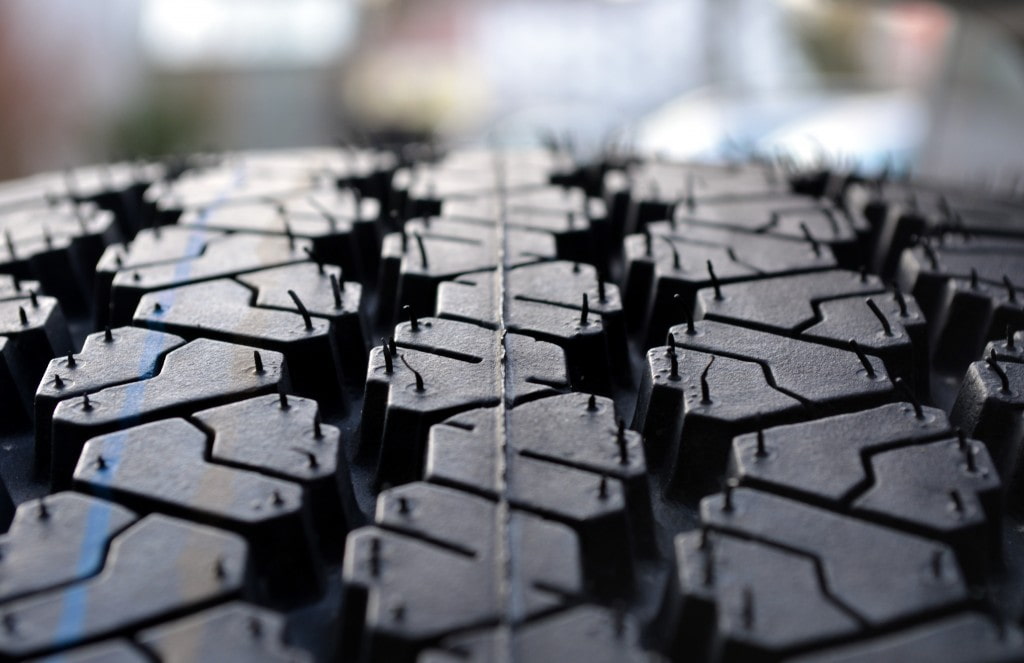How a Car Tire Is Made
We all rely on tires to get us around, but few people realize how they are made. Not surprisingly, car tires are carefully manufactured to ensure safety and dependability. They are made from layers of material and undergo strict manufacturing processes to ensure they meet current federal and safety guidelines.
The process for making tires involves the following steps.
1. Blending
Tires are not made of just rubber. Instead, they’re comprised of a blend of ingredients, including different types of rubber. In large blenders, manufacturers combine fillers, up to 30 types of rubber and other materials to create a compound.
2. Milling
The rubber compound is then sent for milling, which involves cooling the rubber and cutting it down into strips. At this point, different parts of the tire are also created and some are coated in rubber to protect them.
3. Building
At this stage, the “green tire” is built, which is starting to look like an actual car tire. A machine starts to assemble the components of the tire, including the beads, tread, ply, steel belts and other parts. Before this stage, the tire has looked like goo or strips of material but is now recognizable.
4. Curing
A curing machine takes each green tire and vulcanizes it with hold molds. This gives the tire its shape and compresses all components of the tire into one cohesive whole. Many things take part in the curing process. Manufacturer’s logos are added, for instance, so tires start looking different from each other at this stage.
This stage of the process can be challenging. A number of issues can arise that may affect the final look of the tire, so manufacturers take precautions to prevent this. One challenge for manufacturers is the risk of the tire elements sticking to the mold. As a result, during the curing process rubber tire mold release agents are applied to the surface of tire molds to ensure the tire is released from the mold easily and to improve the final look of the tire. Mold treatments can also reduce the risk of mold fouling.
5. Inspection
Even seemingly minor problems and blemishes in a tire can affect its safety, performance and its appeal for customers, and the inspection process is intended to ensure all tires offered for sale meet stringent standards. The inspection ensures unsafe tires or blemished tires are less likely to make it to your car. Today, special machinery is used to examine tires individually to ensure they are safe.
Trained inspectors use this machinery and even run random tires through x-ray-style machines to ensure no manufacturing issue has caused any internal problems with the tires. Once the tires have passed the inspection process, they are ready for the next stage of their journey, which is transport for sale.
W.N. SHAW & CO. has been playing a role in tire manufacturing for many years. As a customer formulator, we help automotive tire companies build tires by providing them with formulations which reduce mold fouling and other sensitive issues.
Contact us today to learn more about our custom solutions.

